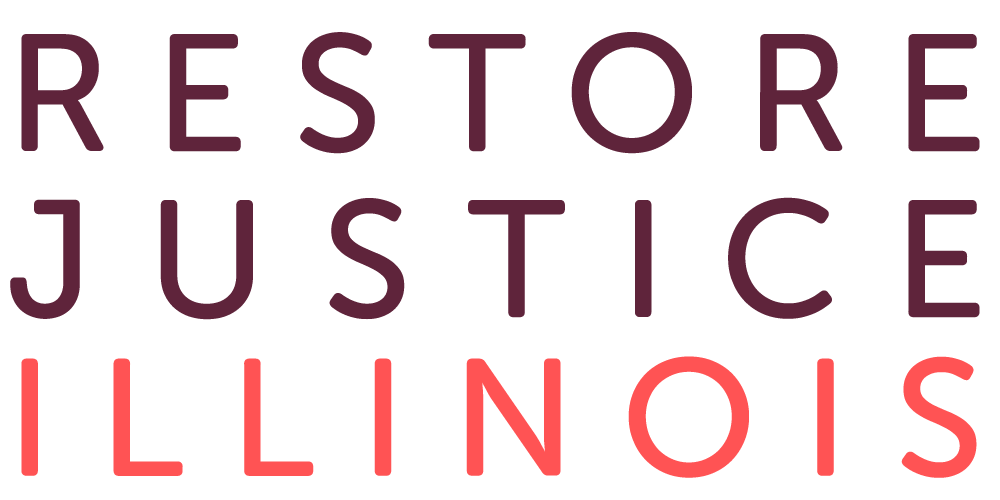March 24, 2022 – Chicago, Ill.
Restore Justice Illinois urges members of the Illinois State Senate to approve Governor JB Pritzker’s nominees to the Prisoner Review Board (PRB). The PRB is a vital component of state government, performing functions authorized by law and demanded by the Illinois Constitution. These duties include consideration of parole for people convicted before 1978 and vetting of clemency petitions in order to make recommendations to the Governor.
Earlier this week, state senators failed to confirm one Prisoner Review Board appointee, Jeff Mears, who had served in the role for one year. Now, five more of the Governor’s appointees await confirmation and could come before the Senate for a confirmation vote on Monday, March 28. To perform its core functions, the PRB needs a quorum of eight members out of the total 15. If the Senate fails to approve the five members, it will only have three; each of the five remaining appointees must be confirmed for the Board to function.
At stake in the coming hearing are the fates of hundreds of individuals who await their last chance at early release. In light of the COVID-19 pandemic, many incarcerated people and their families are desperate to reduce the final years of lengthy sentences to prevent what was a term-of-years sentence from becoming a death sentence due to inadequate access to health care and the risks inherent in congregate living situations.
Concerns voiced by some members of the State Senate are focused on votes taken by individual members in high-profile parole cases from the 1970s. Members are not being challenged on grounds relevant to their performance of the constitutionally mandated functions of parole and clemency reviews.
“No one is alleging Mears or others are corrupt. No one is saying they are not doing their jobs. This is not a ‘me too’ moment, nor is it an attack on member qualifications. No. These attacks are being made by politicians playing a game of arm-chair quarterback with real people’s lives,” Restore Justice Founder and Executive Director Jobi Cates said. “PRB members have a grave, even sacred duty to review the individual in front of them, weighing their rehabilitation and potential for redemption against the severity of their offense and likelihood of re-offense. To second guess decisions made after deep and serious review and debate to score political points for an election is simply reckless.”
In addition to examining clemency applications and making recommendations to the Governor based on an intensive review of these applications, PRB members assess and vote on parole opportunities for people sentenced before 1978. In 1978, Illinois joined a minority of states that abolished discretionary parole. After abolishing discretionary parole, the Illinois prison population skyrocketed from roughly 6,000 incarcerated people in the 1970s to more than 48,000 at the peak in 2014. Since 2015, leaders in both parties, including Governor Bruce Rauner, Governor Pritzker, and members of the Illinois General Assembly have all prioritized reducing the prison population.
To make decisions, the PRB studies, considers, and debates all aspects of a person’s case and criminal history, including their mental health. They seek input from victims, examine the person’s prison behavioral record, identify the likelihood of the person reoffending, and consider the person’s release plan. Victims are allowed to support or oppose release, and an opponent of the release is allowed to participate in the hearing.
There are currently 27,500 people in Illinois prisons, fewer than 50 of whom are parole-eligible. Those individuals have a legal right to a fair, thorough, and timely review. And, 20% of the people incarcerated in Illinois state prisons are elderly, some rehabilitated simply through the process of aging. It is not in Illinois’ interest to deny these people a chance to make a case for sentence reduction. People who serve long sentences for serious crimes rarely re-offend, and imprisoning elderly people costs the state millions of dollars a year. Let’s instead allow the PRB to assess whether someone is capable of returning home and rejoining their community.
***
Restore Justice, which comprises Restore Justice Foundation and Restore Justice Illinois, works to address issues faced by those serving life or de-facto life sentences, their families, and their communities. Founded in 2015 by a dedicated group of advocates that included the late former Congressman, Federal Judge, and White House Counsel Abner Mikva, Restore Justice trains and supports advocates, conducts research, nurtures partnerships, and develops policy solutions that will roll back ineffective “tough on crime” policies of the past, replacing them with compassionate, smart, and safe policies for the future.

